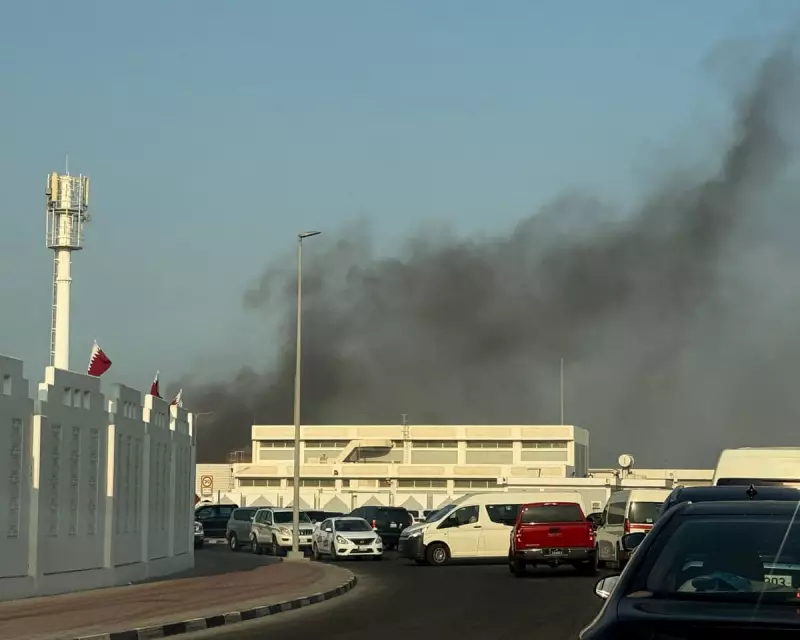
In a dramatic escalation that threatens to derail already fragile peace negotiations, Israeli intelligence has identified and targeted high-ranking Hamas officials residing in Qatar, The Guardian can reveal.
The operation, confirmed by multiple security sources, comes as ceasefire talks between Israel and Hamas have reached what mediators describe as a "critical impasse". The targeted individuals are understood to be key figures in Hamas's political wing who have been operating from Doha with Qatar's permission.
Qatar's Delicate Mediation Role Challenged
Qatar, which has long positioned itself as a neutral mediator in the conflict, now faces mounting pressure from Israeli officials who accuse the Gulf state of providing sanctuary to Hamas leadership. This development places Qatar's diplomatic role in unprecedented jeopardy.
Israeli defence minister Yoav Gallant stated: "We will pursue Hamas leadership wherever they are located." This declaration signals a significant shift in Israel's approach to targeting Hamas officials outside Gaza and the West Bank.
Ceasefire Negotiations in Peril
The timing of this operation raises serious questions about the future of negotiations. Egyptian and Qatari mediators had been working to bridge the gap between Israel's demand for the return of all hostages and Hamas's insistence on a permanent ceasefire and full Israeli withdrawal from Gaza.
According to sources close to the talks, the targeting of Hamas officials in Qatar has created what one diplomat called "a crisis of trust" in the mediation process. The operation is seen as a direct challenge to Qatar's ability to guarantee the security of negotiation participants.
International Reaction and Implications
The development has drawn concern from international observers who fear the operation could further regionalise the conflict. US officials, while supporting Israel's right to defend itself, have expressed unease about operations in countries serving as mediators.
Security analysts note that targeting political figures in a third country represents a significant escalation that could have far-reaching consequences for regional diplomacy and counter-terrorism operations.
As tensions escalate, the future of Gaza ceasefire talks hangs in the balance, with neither side showing willingness to compromise on their core demands. The international community watches anxiously as events unfold that could determine the course of the conflict for months to come.





